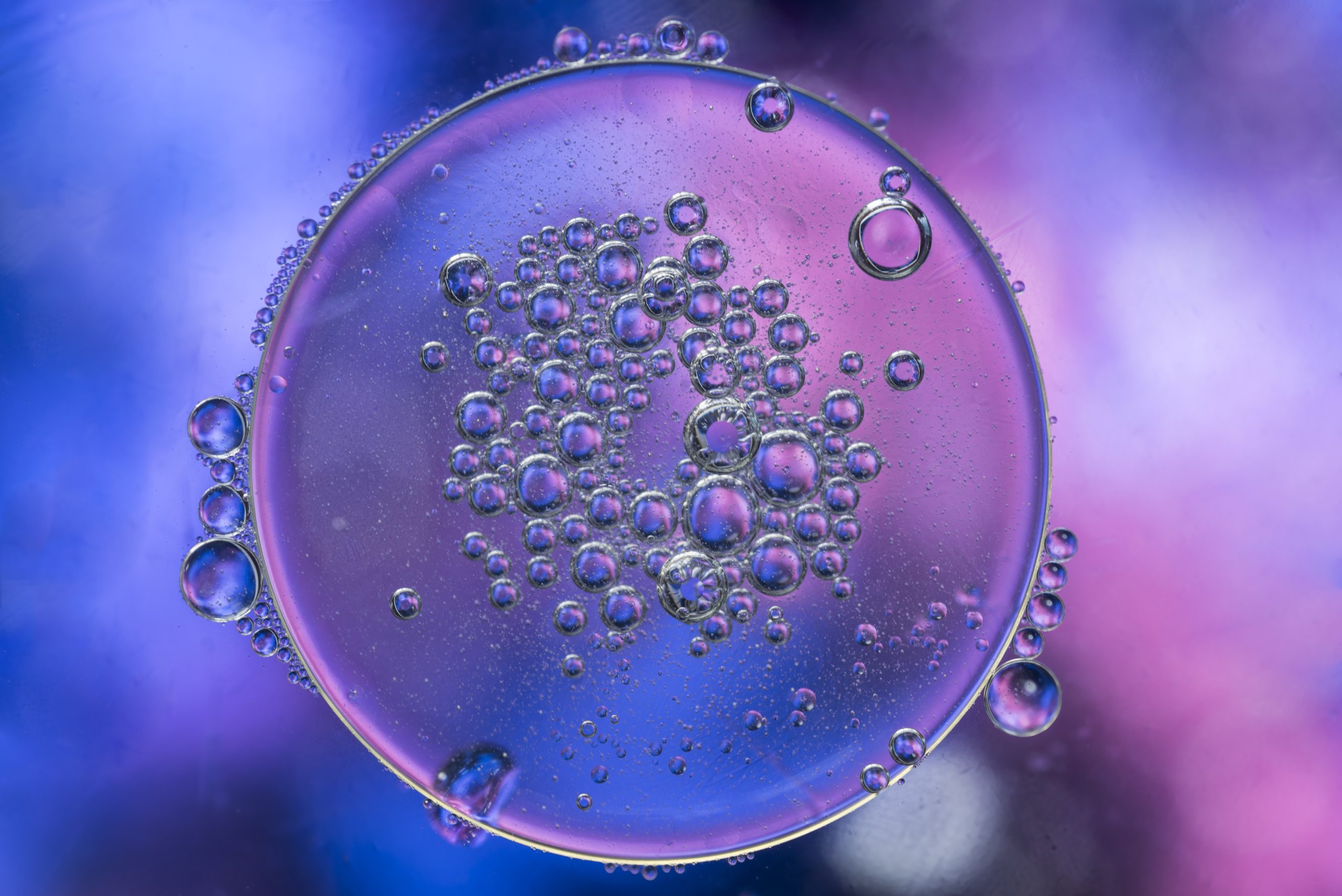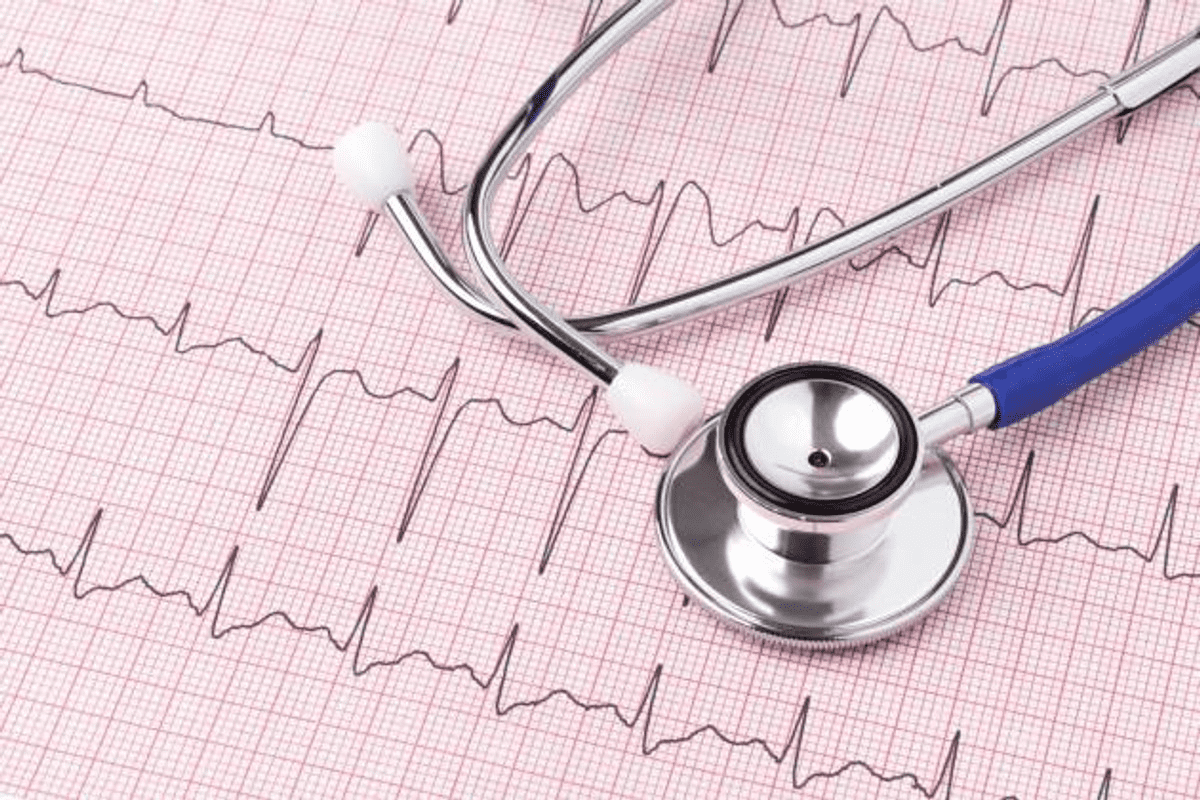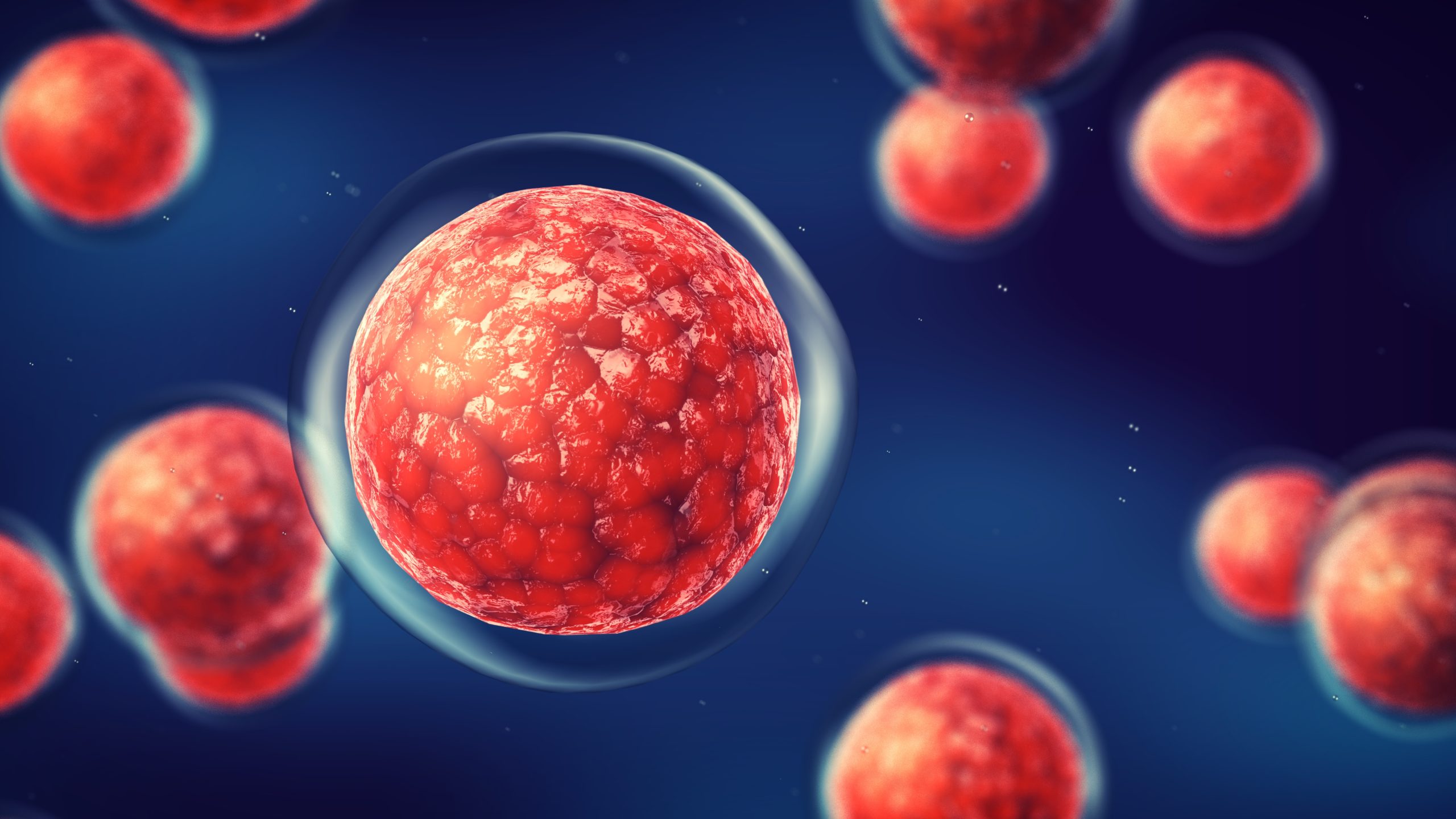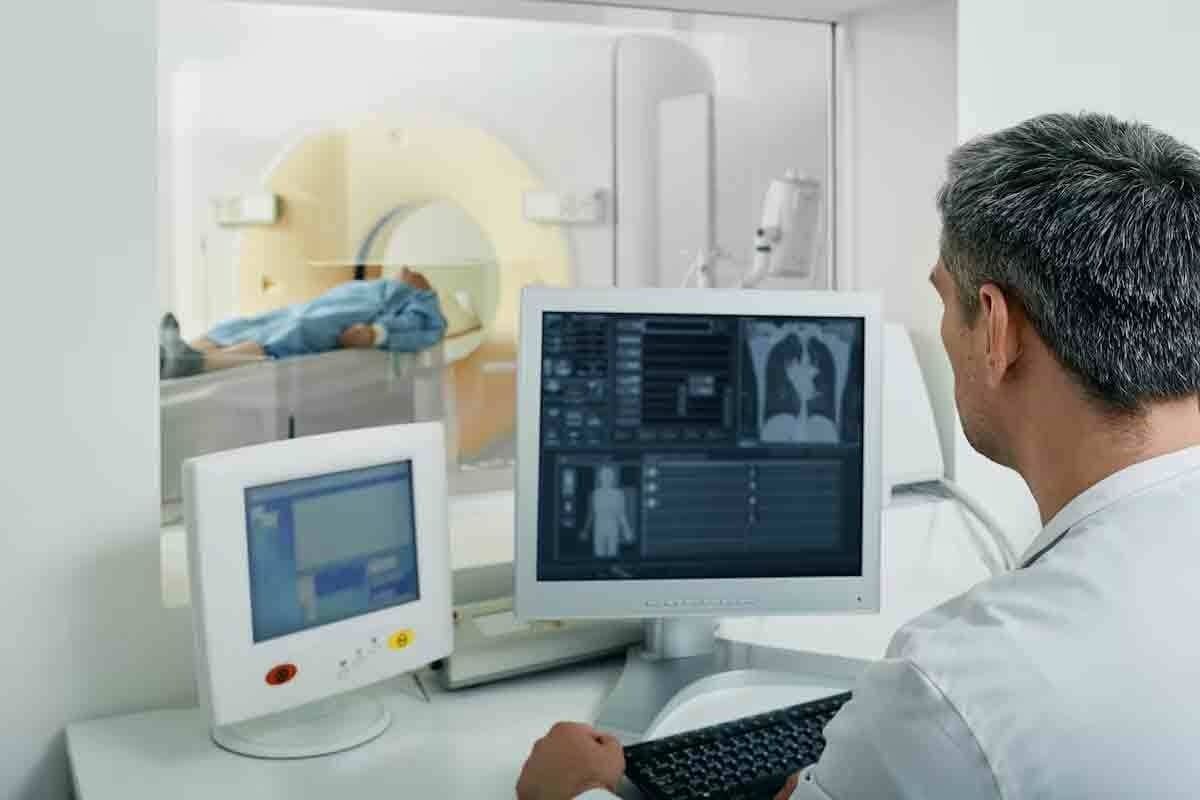Last Updated on November 26, 2025 by Bilal Hasdemir
Colorectal cancer is a growing concern worldwide. The number of cases is expected to rise significantly in the coming years. Understanding the risk factors associated with this disease is key for prevention and early detection.
Certain lifestyle choices can significantly impact our risk of developing colorectal cancer. Diet, physical activity, and overall health habits are important. They play a big role in determining our likelihood of developing this disease.
Key Takeaways
- Understanding the link between lifestyle and colorectal cancer risk
- Identifying key risk factors that contribute to colon cancer development
- Learning how to modify lifestyle habits to reduce cancer risk
- Recognizing the importance of early detection and prevention
- Taking proactive steps towards a healthier lifestyle
The Growing Concern of Colon Cancer
Colon cancer statistics show a worrying trend. It’s important to know about this disease and its health impact.
Definition and Basic Colon Anatomy
Colon cancer, also known as colorectal cancer, starts in the colon or rectum. The colon is part of the large intestine. It helps absorb water and salts from food. Knowing how the colon works is key to understanding cancer in this area.
Current Statistics in the United States
The U.S. faces a big challenge with colon cancer. It’s the third most common cancer in men and women. Thousands of new cases are diagnosed every year.
| Year | New Cases | Deaths |
| 2020 | 104,270 | 52,980 |
| 2021 | 106,180 | 52,980 |
| 2022 | 108,070 | 52,740 |
Alarming Trends Among Younger Adults
Younger adults are seeing more colon cancer cases. People born around 1990 face double the risk of colon cancer and quadruple the risk of rectal cancer. This shows we need to focus on prevention for younger people.
The Connection Between Lifestyle and Colon Cancer Risk
It’s important to know how lifestyle choices affect colon cancer risk. This knowledge helps us find ways to prevent it. Both our environment and genes play big roles in this.
Environmental vs. Genetic Factors
Genetics can increase our risk of colon cancer. But, our lifestyle and environment also play big parts. Studies show that up to 70% of colon cancer cases could be prevented by changing our lifestyle and environment.
Environmental factors include things like what we eat, how active we are, and our daily habits. On the other hand, genetic factors are about inherited traits that can raise our risk. Knowing how these factors work together helps us find better ways to prevent colon cancer.
Modifiable Risk Factors Overview
There are many things we can change to lower our risk of colon cancer. These include what we eat, how much we exercise, our weight, how much alcohol we drink, and whether we smoke. By making these changes, we can greatly reduce our risk.
- Dietary patterns: Eating too much processed meat and not enough fiber can raise our risk.
- Physical activity: Staying active can help lower our risk of colon cancer.
- Body weight: Being overweight increases our risk, so staying at a healthy weight is key.
- Alcohol consumption: Drinking too much alcohol can increase our risk.
- Smoking: Smoking is a big risk factor for colon cancer and other cancers.
The Importance of Prevention
Preventing colon cancer is very important. By understanding and changing the risk factors we can control, we can lower our risk. Public health efforts that promote healthy living can also help reduce colon cancer risk for everyone.
By making changes in our lifestyle and environment, we can make a big difference in preventing colon cancer.
Colon Cancer Lifestyle Causes: The Complete Picture
Our daily choices greatly affect our risk of colon cancer. It’s important to see how these choices impact our health over time.
How Daily Choices Affect Colon Health
Diet, exercise, and lifestyle play big roles in colon health. Eating fruits, vegetables, and whole grains can protect against colon cancer. On the other hand, eating too much processed and red meat can raise the risk. Regular exercise helps keep a healthy weight and improves digestion.
Smoking and drinking too much alcohol also increase colon cancer risk. Smoking introduces harmful substances into the body. Drinking too much alcohol can damage the colon lining and affect nutrient absorption.
The Cumulative Effect of Multiple Risk Factors
Colon cancer risk comes from many factors, not just one. For example, someone who smokes, eats a lot of processed meat, and doesn’t exercise much is at higher risk. Knowing this helps us understand our own risk and make better lifestyle choices.
Some risk factors, like family history and age, can’t be changed. But knowing them can make us more careful about the factors we can control.
Timeline of Cancer Development
Colon cancer develops slowly over years. It starts with polyps in the colon, some of which can turn cancerous. Regular screenings are vital to catch and remove these polyps before they turn cancerous. This shows why long-term lifestyle choices and early screenings are so important.
By making smart lifestyle choices and getting regular health checks, we can lower our colon cancer risk. It’s never too late to make changes that can improve our health for years to come.
Dietary Patterns That Increase Colon Cancer Risk
Research shows that certain diets can raise the risk of colon cancer. The modern diet, common in Western countries, is linked to more cases of this disease.
Inflammatory Impact of the Western Diet
The Western diet includes lots of red and processed meats, refined grains, and sugary drinks. This diet leads to chronic inflammation. Chronic inflammation is a known risk factor for colon cancer.
Key components of the Western diet that contribute to colon cancer risk include:
- High intake of processed and red meats
- Low consumption of fiber-rich foods
- High consumption of refined sugars and unhealthy fats
Processed Foods and Colorectal Carcinogenesis
Processed foods are common in many Western diets. They contain additives and preservatives linked to cancer. The processing of foods can create harmful compounds.
For example, foods cooked at high temperatures can form acrylamide, a known carcinogen.
Ultra-Processed Foods and Additives
Ultra-processed foods are a big part of modern diets. They are high in unhealthy ingredients and additives. These additives can harm gut health and cause inflammation.
Some common additives in ultra-processed foods include:
- Artificial sweeteners
- Food colorings
- Preservatives like sodium nitrite
Understanding these dietary patterns helps us lower colon cancer risk. Making smart food choices is key to keeping our colon healthy.
Red and Processed Meat Consumption
Eating red and processed meats may raise the risk of colon cancer. This is a topic we need to look into more. The link between diet and cancer is complex. It involves the type of meat, how it’s cooked, and our overall diet.
Carcinogens Created by Cooking and Processing
Cooking and processing red meat can create harmful substances. High-temperature cooking methods like grilling or frying make heterocyclic amines (HCAs) and polycyclic aromatic hydrocarbons (PAHs). These are known to damage DNA and may cause cancer.
- Cooking at high temperatures can lead to more carcinogens.
- Processed meats often have additives and preservatives that may raise cancer risk.
Heme Iron and Its Effects on the Colon
Red meat has heme iron, which is good in small amounts but bad in excess. Heme iron can help create N-nitroso compounds in the colon. These can harm the colon’s cells and increase cancer risk.
- Heme iron can lead to harmful compounds in the colon.
- Too much heme iron can cause more oxidative stress and inflammation.
Recommended Limits for Cancer Prevention
To lower colon cancer risk from red and processed meat, guidelines suggest eating less. The World Health Organization says processed meat is carcinogenic to humans. Cutting down on it can help prevent cancer.
- Try to eat red meat only 1-2 times a week.
- Choose fresh, unprocessed foods over processed meats.
Being careful about the meat we eat and how it’s cooked can help our colon health. It also reduces cancer risk.
Low-Fiber Diet and Its Effects on Colon Health
A diet low in fiber can harm the colon, leading to serious health issues. Fiber is key for a healthy diet, helping the colon stay well.
Protecting the Colon Lining
Fiber keeps the colon lining safe by helping with regular bowel movements and avoiding constipation. This lessens the colon’s contact with harmful substances. A diet high in fiber also helps remove toxins and waste, lowering damage risk.
The colon lining is sensitive to toxins and waste. Fiber helps dilute these harmful substances and aids in their removal. This is vital in stopping colon cancer.

Fiber’s Role in Microbiome Health
Fiber acts as a prebiotic, feeding good bacteria in the gut. A healthy microbiome is key for a strong immune system and preventing bad bacteria growth. An unbalanced microbiome can lead to health problems, including colon cancer.
A diet rich in fiber boosts good bacteria, which produce short-chain fatty acids. These fatty acids give energy to colon cells and keep the colon healthy.
Optimal Fiber Intake for Cancer Prevention
How much fiber should we eat? Most health groups say 25-30 grams a day is best. Eating this much fiber can greatly lower colon cancer risk.
Good fiber sources are fruits, veggies, whole grains, and legumes. Adding these to our diet helps meet daily fiber needs. It’s also wise to slowly increase fiber intake to let the gut adjust.
In summary, a low-fiber diet can seriously harm colon health, raising colon cancer risk. By knowing fiber’s importance and eating more fiber-rich foods, we can prevent colon cancer and keep our colon healthy.
The Impact of High-Fat and High-Sugar Diets
Research shows that diets high in fat and sugar can increase the risk of colon cancer. It’s clear that our food choices can affect our chances of getting colon cancer.
Inflammatory Effects of Unhealthy Fats
Unhealthy fats like saturated and trans fats cause chronic inflammation. This inflammation can harm the colon lining and lead to cancerous cells.
We should choose healthier fats like omega-3s from fish and nuts. These fats reduce inflammation and support our health.
Sugar, Insulin Resistance, and Cancer Risk
Too much sugar can cause insulin resistance. This makes cells less responsive to insulin, raising cancer risk, including colon cancer.
The relationship between sugar and cancer is complex. It involves insulin-like growth factor-1 (IGF-1), which can help tumors grow. Cutting down on sugary foods is key to lowering cancer risk.
Fast Food and Colorectal Cancer Connection
Fast food, with its unhealthy fats, sugar, and salt, is linked to colorectal cancer. Eating fast food often can lead to weight gain and obesity, increasing cancer risk.
To lower this risk, we should eat less fast food. Instead, choose whole, nutrient-rich foods to support our health and reduce cancer risk.
Understanding how high-fat and high-sugar diets affect colon cancer risk helps us make better choices. Eating a balanced diet with fruits, vegetables, and whole grains is essential for cancer prevention.
Obesity as a Major Risk Factor
Obesity is now seen as a big risk for colon cancer. The link between obesity and colon cancer is complex. It involves many biological processes that raise cancer risk.
Body Fat, Inflammation, and Cancer Development
Too much body fat, leading to obesity, causes chronic inflammation. This inflammation can harm the colon and lead to cancer. We’ll look at how body fat impacts colon health and increases colon cancer risk.
Obesity-related inflammation can damage colon cell DNA, causing mutations that may lead to cancer. It also affects how cells grow and divide, which can lead to tumors.
Visceral Fat and Its Specific Dangers
Visceral fat, around organs in the abdominal cavity, is very harmful. It’s not just energy storage; it secretes substances that cause inflammation. This can lead to insulin resistance, raising colon cancer risk.
Visceral fat is linked to higher risks of heart disease, diabetes, and colon cancer. Knowing the dangers of visceral fat is key to preventing these diseases.
| Risk Factor | Description | Impact on Colon Cancer Risk |
| Visceral Fat | Fat around abdominal organs | Increases inflammation and insulin resistance |
| Chronic Inflammation | Ongoing inflammatory processes | Damages colon cell DNA, promotes tumor growth |
| Insulin Resistance | Reduced sensitivity to insulin | Promotes cell growth and tumor formation |
Weight Management Strategies for Prevention
Managing weight is key to lowering colon cancer risk, mainly for those with obesity. Strategies include diet changes, more exercise, and sometimes medical help.
Eating a balanced diet with lots of fruits, veggies, and whole grains helps maintain a healthy weight. Regular exercise also helps with weight control and lowers colon cancer risk.
For those with obesity, a full approach is needed. This includes diet advice, exercise plans, and sometimes surgery or other medical treatments. We stress the need for a complete strategy for weight management and preventing colon cancer.
Sedentary Lifestyle and Lack of Physical Activity
Physical inactivity is linked to a higher risk of colon cancer. A sedentary lifestyle harms not just our health but also our colon health. This is a key area of study in cancer prevention.
How Exercise Protects Against Colon Cancer
Regular exercise lowers colon cancer risk in several ways. It helps keep a healthy weight, improves insulin use, and boosts our immune system. Exercise also cuts down body inflammation, a cancer risk factor.
“Physical activity is key to a healthy lifestyle,” say health experts. It’s vital for cancer prevention.
Exercise helps move waste through our system faster. This reduces the time harmful substances stay in contact with our colon. We can add physical activity to our day with walking, cycling, or sports.
Sitting Time and Cancer Risk
Long periods of sitting increase the risk of chronic diseases, including colon cancer. The more we sit, the higher our risk. This is because sitting harms our metabolic health, like insulin sensitivity and inflammation.
To lower this risk, take breaks from sitting. Standing up, stretching, or a short walk can help a lot.
Recommended Activity Levels for Prevention
For colon cancer prevention, guidelines suggest at least 150 minutes of moderate or 75 minutes of vigorous activity weekly. Adding strength training on two or more days a week boosts protection against colon cancer.
Key recommendations include:
- Engage in at least 150 minutes of moderate-intensity aerobic activity weekly.
- Include muscle-strengthening activities on two or more days a week.
- Reduce sedentary behaviors and take breaks when sitting for long periods.
By making these lifestyle changes, we can lower our colon cancer risk and improve our health.
Alcohol Consumption and Colon Cancer Risk
It’s important to know how alcohol affects colon cancer risk. Alcohol’s role in colon health is complex. It can impact our health in many ways.
Mechanisms of Alcohol-Related Colon Damage
Drinking alcohol can cause colon cancer in several ways. Ethanol metabolism creates acetaldehyde, a harmful substance that damages colon cells. It also leads to folate deficiency, which raises colon cancer risk.
Alcohol causes oxidative stress and inflammation in the colon. This makes it easier for cancer to develop. It also hinders the body’s DNA repair, increasing cancer risk.
Dose-Response Relationship
The link between alcohol and colon cancer risk depends on how much you drink. Studies show that more alcohol means a higher risk of colon cancer. Here’s a look at the data:
| Alcohol Consumption Level | Relative Risk of Colon Cancer |
| Low (<1 drink/day) | 1.0 |
| Moderate (1-2 drinks/day) | 1.2 |
| High (>2 drinks/day) | 1.5 |
This table shows how higher alcohol intake increases cancer risk.
Safe Drinking Guidelines for Cancer Prevention
To lower colon cancer risk, follow safe drinking guidelines. The American Cancer Society suggests:
- No more than one drink per day for women
- No more than two drinks per day for men
It’s good to have days without alcohol. Cutting down or quitting alcohol can help prevent cancer.
Smoking and Its Effects on Colon Cancer Development
Smoking is a known risk for many cancers, including colon cancer. The link between smoking and colon cancer is complex. It involves many pathways that lead to cancer.
Tobacco Carcinogens and Colon Health
Tobacco smoke has many harmful substances that can harm the colon’s lining. These substances can enter the bloodstream and reach the colon. They can cause genetic changes in colon cells.
Key carcinogens in tobacco smoke include:
- Polycyclic aromatic hydrocarbons (PAHs)
- N-nitroso compounds
- Aromatic amines
These substances can damage DNA and disrupt cell functions. This can lead to colon cancer.
Secondhand Smoke Exposure
Secondhand smoke also poses a risk for colon cancer. Non-smokers exposed to secondhand smoke can get the same harmful substances as smokers. This can increase their risk of colon cancer.
“Exposure to secondhand smoke is a serious health hazard, and its link to colon cancer is an area of ongoing research.” – A Cancer Researcher
Benefits of Quitting at Different Life Stages
Quitting smoking can greatly lower the risk of colon cancer, no matter when you stop. Quitting offers many benefits:
- Less risk of colon cancer and other smoking-related diseases
- Improved health and well-being
- Longer life expectancy
Quitting smoking is tough, but it’s doable with the right help. We urge smokers to get help from doctors to make a quit plan.
In summary, smoking is a big risk for colon cancer, and quitting can greatly lower this risk. Knowing how tobacco affects the colon and the dangers of secondhand smoke are key to preventing colon cancer.
Stress, Sleep, and Their Impact on Colon Health
Stress and sleep quality are key to our health. Studies show they can affect colon cancer risk. Learning to manage stress and sleep well is important for a healthy colon.
Chronic Stress and Inflammatory Responses
Chronic stress causes inflammation in the body. This inflammation can damage colon cells and lead to tumors. We’ll look at how stress affects this and how to reduce its impact.
The body’s stress response, or “fight or flight,” releases hormones like cortisol. High cortisol levels can weaken the immune system. It’s important to manage stress to keep the immune system strong and lower colon cancer risk.
Sleep Disruption and Cancer Risk
Sleep is vital for health, and sleep problems can raise cancer risk, including colon cancer. Sleep issues can mess with our body’s rhythms and hormone levels, which can lead to cancer.
Good sleep helps the immune system work right. Lack of sleep can make it harder for the body to fix DNA damage, which can cause cancer. We’ll talk about how sleep problems increase cancer risk and how to sleep better.
Stress Management Techniques for Prevention
Managing stress and sleep is key for colon health. Mindfulness, yoga, and deep breathing can lower stress. Exercise also helps reduce stress and improve sleep.
Try different stress management methods to find what works for you. Adding these to your daily life can help lower colon cancer risk and improve your health.
Genetic Factors and Their Interaction with Lifestyle
It’s important to know how genes and lifestyle choices affect colon cancer risk. Genes play a big role, but what we do every day can also change our risk.
Hereditary Colon Cancer Syndromes
Some genetic syndromes, like Lynch syndrome and Familial Adenomatous Polyposis (FAP), raise colon cancer risk a lot. These conditions come from gene mutations that mess with DNA repair or cell growth.
Lynch syndrome is caused by DNA mismatch repair gene mutations. It not only raises colon cancer risk but also other cancers like endometrial and ovarian.
FAP causes many polyps in the colon and rectum. Without treatment, people with FAP almost surely get colon cancer by age 40.
Family History and Increased Vigilance
A family history of colon cancer is a big risk factor. This is true if close relatives like parents, siblings, or children have had it. The risk goes up with more relatives affected and their age at diagnosis.
People with a family history of colon cancer should watch their health closely. They should get regular screenings and live a healthy lifestyle to lower their risk.
| Family History | Recommended Screening Age | Screening Frequency |
| No family history | 45 | Every 10 years |
| One first-degree relative diagnosed at 60+ | 40 | Every 5 years |
| One first-degree relative diagnosed before 60 | 40 | Every 3-5 years |
Epigenetic Changes from Lifestyle Choices
Lifestyle choices can cause epigenetic changes. These changes affect how genes work without changing the DNA. Diet, exercise, smoking, and environment play a part.
Eating too much processed food and not enough fiber can lead to changes that increase colon cancer risk. On the other hand, eating more fruits, veggies, and whole grains can help protect against it.
Knowing how genes and lifestyle choices interact helps us take steps to lower colon cancer risk. We can be aware of our family history, make healthy choices, and get regular screenings.
Protective Dietary Factors Against Colon Cancer
A balanced diet is key in fighting colon cancer. Certain foods offer strong protection. It’s vital to know how food choices affect our risk.
Plant-Based Foods and Their Benefits
Plant-based foods are packed with nutrients and antioxidants. They help fight colon cancer. These include fruits, vegetables, whole grains, and legumes.
Nutritional Benefits of Plant-Based Foods:
- High in fiber, which helps regulate bowel movements and prevent constipation
- Rich in antioxidants that reduce oxidative stress and inflammation
- Contain phytochemicals that have anti-cancer properties
Mediterranean Diet as a Preventive Approach
The Mediterranean diet is known for its health benefits. It lowers colon cancer risk. It focuses on whole grains, fruits, vegetables, lean proteins, and healthy fats.
| Component | Description | Benefit |
| Whole Grains | Rich in fiber and nutrients | Reduces colon cancer risk |
| Fruits and Vegetables | High in antioxidants and phytochemicals | Protects against cancer cell formation |
| Lean Proteins | Low in saturated fats | Reduces overall cancer risk |
Specific Nutrients That Support Colon Health
Some nutrients are key for colon health and cancer prevention. These include:
- Folate: Essential for DNA synthesis and repair
- Calcium: Helps regulate cell growth and differentiation
- Vitamin D: Supports immune function and cell regulation
Adding these nutrients to our meals can lower colon cancer risk. It also boosts overall health.
Conclusion: Creating a Colon-Healthy Lifestyle
We’ve looked at how lifestyle affects colon cancer risk. This includes what we eat and how much we move. Knowing these helps us lower our risk.
To live a colon-healthy life, we need to make smart food choices and stay active. Adding preventive steps to our daily routine can greatly reduce colon cancer risk.
Changing our lifestyle for better colon health isn’t about big, sudden changes. It’s about making lasting, healthy habits. Eating whole foods, avoiding processed and fatty foods, and staying active are key. These habits help us stay healthy overall.
By adopting these changes, we not only fight colon cancer but also boost our overall health. This improves our quality of life and may even lower the risk of other diseases.
FAQ
What are the main lifestyle factors that contribute to colon cancer risk?
Eating too much red and processed meat, not enough fiber, and too much fat and sugar increases colon cancer risk. Being overweight, not moving enough, smoking, and drinking too much alcohol also play a role.
How does a Western diet impact colon cancer risk?
A Western diet, full of processed foods, red meat, and lacking in fruits and whole grains, raises colon cancer risk. This is because it’s inflammatory and can cause cancer.
What is the role of fiber in colon health?
Fiber is key for colon health. It protects the colon lining, supports a healthy gut, and helps with regular bowel movements. This reduces colon cancer risk.
How does obesity affect colon cancer risk?
Obesity is a big risk factor for colon cancer. Excess fat, mainly around the belly, causes chronic inflammation and insulin resistance. This environment promotes cancer growth.
Can physical activity reduce the risk of colon cancer?
Yes, staying active can lower colon cancer risk. It improves insulin sensitivity, reduces inflammation, and helps with bowel movements.
How does smoking impact colon cancer risk?
Smoking greatly increases colon cancer risk. Tobacco carcinogens harm colon cells and raise the risk of genetic mutations leading to cancer.
What is the relationship between alcohol consumption and colon cancer risk?
Drinking too much alcohol raises colon cancer risk. Alcohol damages colon cells and hinders nutrient absorption.
How does stress impact colon health?
Chronic stress harms colon health. It promotes inflammation and disrupts the gut microbiome, potentially increasing cancer risk.
Are there any genetic factors that contribute to colon cancer risk?
Yes, genetic factors like hereditary colon cancer syndromes increase risk. People with a family history should be extra cautious.
What dietary changes can help prevent colon cancer?
Eating more fruits, vegetables, whole grains, and lean proteins, like the Mediterranean diet, can lower colon cancer risk. These foods provide essential nutrients and antioxidants.
How can lifestyle changes reduce the risk of colon cancer?
Making smart lifestyle choices can lower colon cancer risk. This includes staying at a healthy weight, being active, not smoking, drinking less, and eating a balanced diet.






